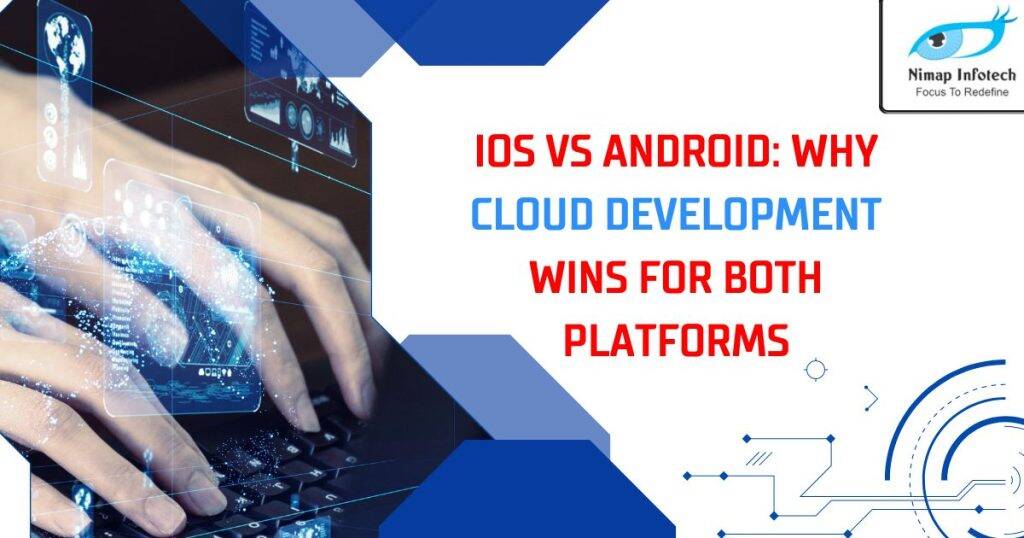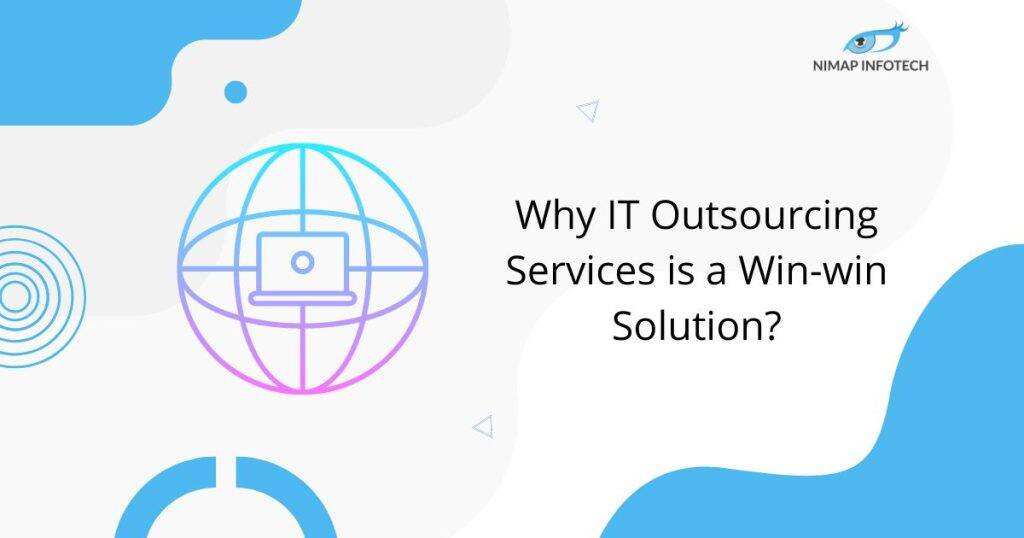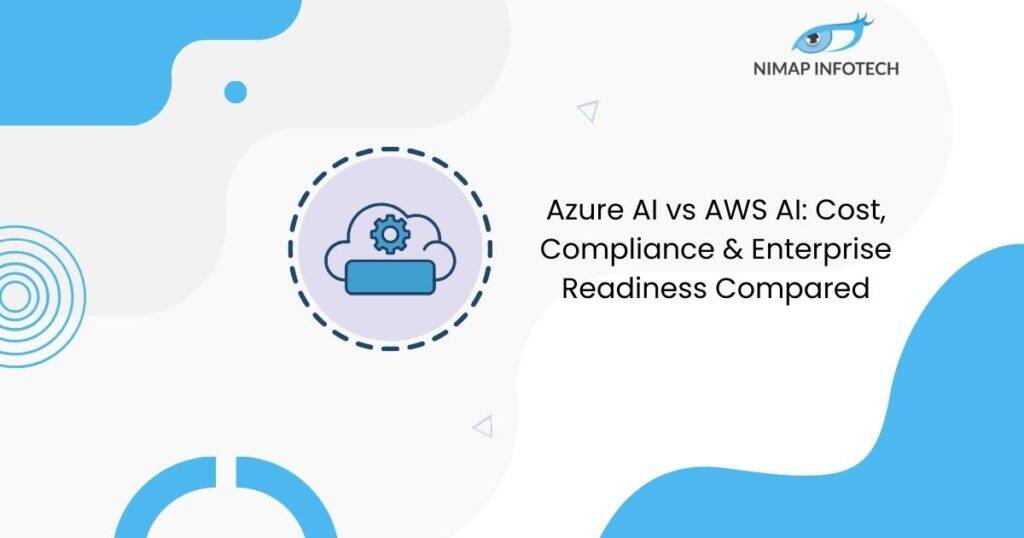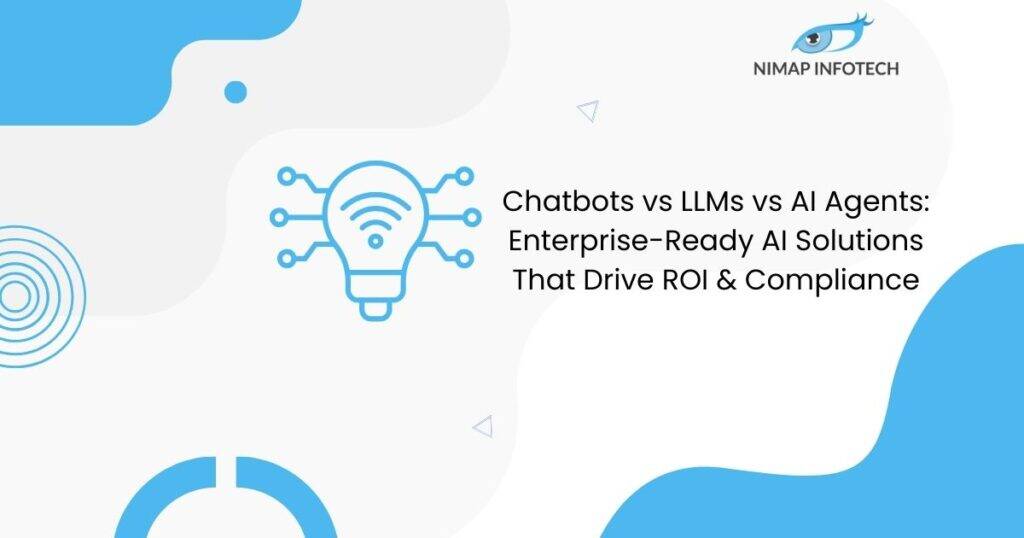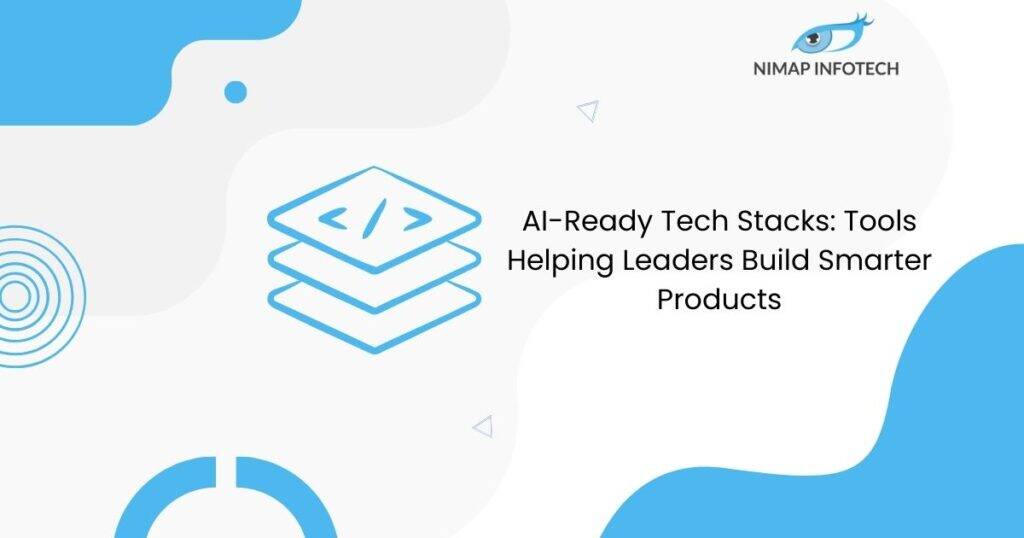Deciding between iOS and Android app development and which platform is best for you can be confusing. To help you decide which is best for you and weigh the risks of selecting one platform over another for app development, this article compares the creation of apps for iOS and Android.
Key Distinctions Between Developing Apps for iOS and Android –
Programming languages:
- The selection of programming languages is the most prominent distinction between Android and iOS. Swift or Objective-C are used in iOS apps.
- Because of its superior speed, performance, and memory management features, Swift is the language that is currently advised.
- Its simplicity of use and learning curve make iOS app development easier, contributing to its high favorability.
- The main reason iOS apps are often simpler to develop than Android apps is because of Swift.
- Conversely, Android developers are more likely to utilize Kotlin or Java.
- The primary programming language for Android, Java, has been around since the early 2000s and is widely used in app creation.
- As a result, the language is rather well-established and trustworthy.
- The community has been quite supportive of it as well. Java is the preferred platform for enterprise applications due to its well-known stability and security.
- The Java Virtual Machine (JVM) is also required to run the programming language Kotlin.
- It addresses many of the shortcomings of Java, making it an upgrade over that language in many respects.
Variations in Design:
- Simplicity and minimalism are hallmarks of iOS design. Simple shapes, a muted colour scheme, and clean and user-friendly navigation are the main features.
- On the other hand, Android apps offer a more adaptable and adjustable interface.
- They frequently have intricate designs with lots of gradients, animations, and vibrant colours.
- In general, unless there is an urgent need for an alternative strategy, you should adhere to these design guidelines.
- Even a small alteration to app visual designs can confuse and harm user experience for iOS and Android users.
The Complexity of Development:
- Developing Android apps is usually more complex than that of iOS apps.
- Device fragmentation is the primary root cause. The term “fragmentation” describes the greater range of screen sizes, resolutions, and hardware specifications seen within the Android ecosystem.
- This is a byproduct of Android being open-source, which allows any business to incorporate iOS into their devices without restriction.
- In comparison, iOS is less fragmented due to the closed and regulated nature of the Apple ecosystem.
- Fragmentation increases the complexity of app development, as you must consider each device you intend to launch on.
Environment for Development:
- A software package that includes all the tools required to develop an application, including a source code editor, debugger, and project management, is called an integrated development environment (IDE).
- The official IDE for Android is called Android Studio. The Android SDK, a collection of tools, libraries, and APIs needed to create Android apps, is made available to developers through Android Studio.
- Android Studio takes advantage of the Gradle Build System in addition to typical components like the debugger and source code editor. This is a strong and adaptable solution for automating Android app builds.
- In contrast, the XCode IDE is used by iOS. XCode’s Interface Builder is one of its main features.
- By dragging and dropping components, this tool lets designers create user interfaces (UIs) visually.
- Additionally, it makes your user interface (UI) more compliant by strictly sticking to Apple’s Human Interface Guidelines (HIG).
- It is practically impossible to compare XCode with Android Studio because of its identical features and advantages.
Cost of Development:
- Another aspect that might distinguish iOS from Android app development is cost.
- But since that relies on several circumstances, it’s challenging to say which is more expensive than the other.
- For example, as we discussed with device fragmentation, the complexity of development increases with the number of device variations in the Android ecosystem.
- Android apps are therefore typically more expensive and need a longer time to develop up to 40%, according to some estimates.
- Taking everything into account, it is only possible to estimate the costs differently for iOS and Android on an individual basis.
Also Read: Importance Of Android App Development For Business
How to Develop Cloud Applications?
We go deeper into a method of developing software that is more user-friendly when we discuss building cloud-based apps. These are incredibly quick apps that function on almost any device, from laptops to phones, and their size may change based on how many people utilize them.
Let’s understand how cloud development can be a game changer.
They Expand With You:
- Consider a scenario in which a restaurant could miraculously expand to accommodate every customer, regardless of the number of people packed inside.
- Cloud programs use processing power in this way. They make quick adjustments so that there is never a line and everyone has a seamless experience.
Work From Anywhere:
- You can continue exactly where you left off, whether you’re at a café, on a train, or on your couch.
- Across all of your devices, your work, games, or anything else you use these apps to look and feel the same.
Constantly Fast:
- These applications ensure that everything you do is swift and responsive by remembering and storing your most frequently used data close at hand.
Offline? No issue:
- You can continue working even if you’re not inside the WiFi range.
- When you’re back online, these apps intelligently synchronize your work to the cloud from where you saved it on your smartphone.
- Therefore, being offline does not mean that you are stuck.
Always Cool:
- It makes no difference what device you use or where you log in from. It all feels and looks the same.
- Due to this consistency, you may avoid wasting time making adjustments.
- Simply continue doing what you were doing.
The Uniting Factor Between iOS and Android is Cloud Development –
Making apps for iOS and Android is changing significantly as a result of cloud development. It all comes down to leveraging the cloud’s capabilities to facilitate app development and make it easier for developers to transfer their apps across platforms. Hire Android Developer or Hire iOS Developer for application development.
Examining Cross-platform Development:
- Frameworks like Xamarin, React Native, and Flutter are mostly driving this change.
- We think it’s excellent that they are enabling you to create your app once and then deploy it everywhere.
- Dart allows you to keep your logic and layout in one place, which is one of the ways that Flutter stands out.
- Eliminate switching between Kotlin and Java or XML.
- Additionally, the hot reload option saves plenty of time by enabling you to make changes to your app instantly.
- Using JavaScript to create mobile apps that feel native and allow you to share a large portion of your software between iOS and Android is the core of React Native.
- With Xamarin, you can create apps for many platforms without having to learn a new language, which can make your life much easier if you’re trying to target numerous platforms.
Unlocking the Advantages of Cloud-Enabled App Development –
Strengthened Security:
- Let’s now discuss safety measures. Cloud service providers can act as virtual security personnel.
- They protect your data and keep the bad guys out by using the best encryption and security available.
- Practically and monetarily, most organizations would find it impossible to achieve this degree of security on their own.
- However, cloud services include all of it, securely safeguarding your data and complying with the most recent laws.
Cost-effective:
- Switching to cloud-based apps is like going from an old car model to a modern one.
- Large, heavy servers and the room to store them don’t have to cost enormous amounts of money.
- Paying for what you use when you use it makes budgeting easy.
- Plus, you are consuming less electricity so, it is environment friendly too.
Adaptability and Expandability:
- As said before cloud apps develop with you. Do you suddenly need extra power or space? A couple of clicks will do the trick.
- You have precisely what you need when you need it, so stop worrying about whether you have too much or too enough capacity.
Accessibility:
- Finally, you may work from any location with cloud apps.
- Teams can now collaborate more easily no matter where they are because of this flexibility, which is ideal for today’s mobile workforce.
- In addition, it keeps things running even when you are unable to get to work.
- As for your clientele? It suggests that you can offer customers quicker, more dependable services whenever and wherever they need them.
Read More: Factors to Consider before Outsourcing iOS App Development
Cloud development is transforming the app development process by providing an effortless switch between the iOS and Android platforms. They may reduce the time it takes to release apps onto the market, cut expenses, and optimize workflows with the use of cross-platform development tools. This indicates that developer productivity is on the rise and that program consistency across platforms is increasing.
Author
-

Sagar Nagda is the Founder and Owner of Nimap Infotech, a leading IT outsourcing and project management company specializing in web and mobile app development. With an MBA from Bocconi University, Italy, and a Digital Marketing specialization from UCLA, Sagar blends business acumen with digital expertise. He has organically scaled Nimap Infotech, serving 500+ clients with over 1200 projects delivered.
View all posts

